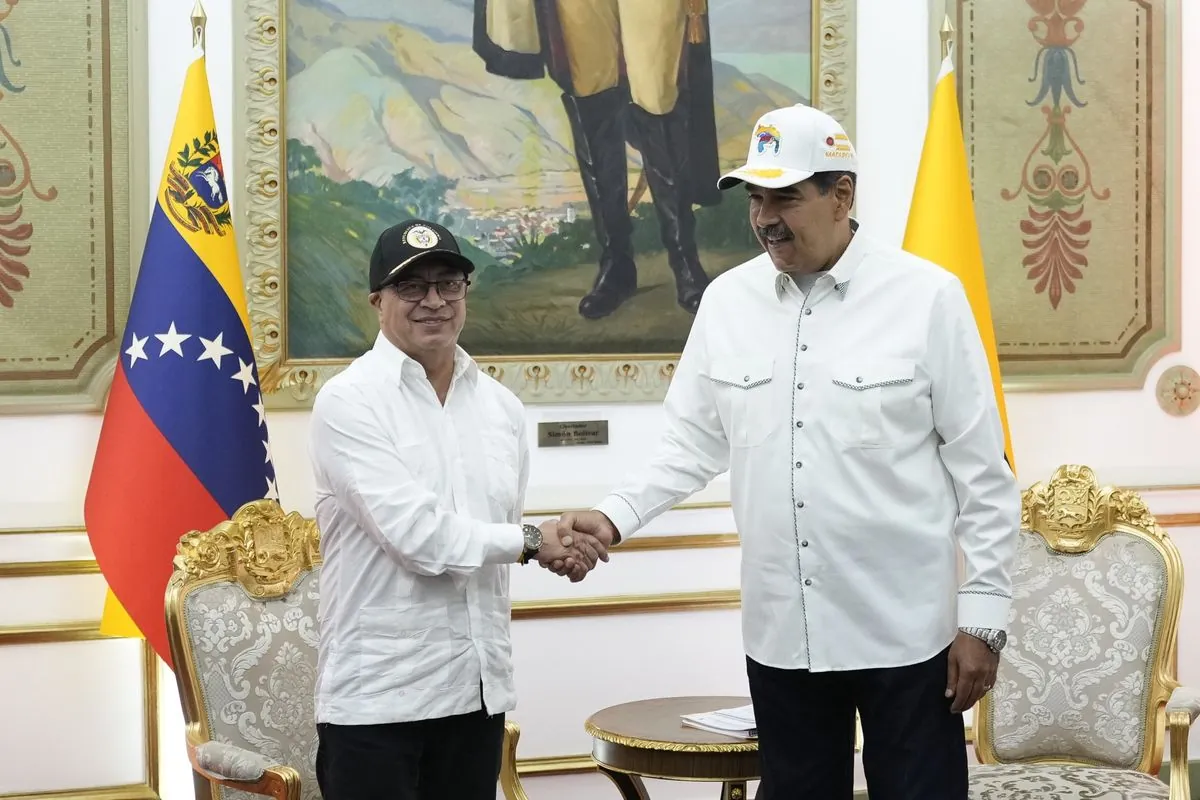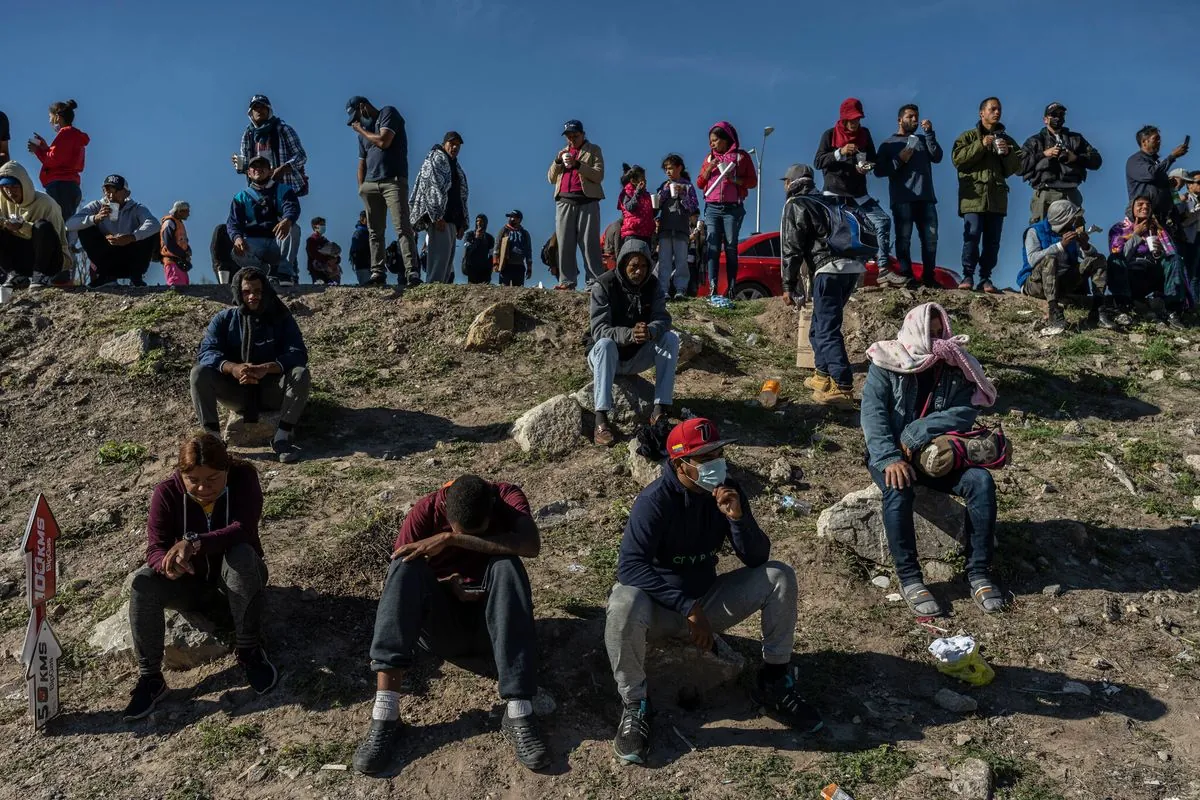U.S. Shifts Gears on Venezuela Policy as Regional Dynamics Evolve
The U.S. recalibrates its approach to Venezuela, moving away from sanctions towards diplomacy. Meanwhile, Colombia grapples with peace negotiations, and Brazilian gymnast Rebeca Andrade makes Olympic history.

In a significant shift, the United States is reevaluating its sanctions policy towards Venezuela, prioritizing diplomacy over punitive measures. This change comes in the wake of Venezuela's disputed presidential election in July 2024, where incumbent Nicolás Maduro claimed victory despite credible evidence supporting the opposition's win.
The U.S. decision to refrain from imposing new sanctions marks a departure from past strategies. This shift aligns with long-standing criticisms from Latin American officials who have argued that sanctions are counterproductive. Venezuela, possessing the world's largest proven oil reserves, has faced severe economic challenges, leading to the Western Hemisphere's largest recent refugee crisis.

The ineffectiveness of sanctions has become increasingly apparent. The 62-year U.S. embargo on Cuba, the longest-running trade embargo in modern history, contributed to the island's largest-ever wave of emigration between 2022 and 2023. Similarly, research suggests that the "maximum pressure" sanctions on Venezuela increased migration, with Venezuelans becoming one of the largest groups arriving at the U.S. southern border in recent years.
Changes in U.S. politics have facilitated this policy shift. In September 2023, Sen. Robert Menendez, a staunch defender of sanctions, departed from his role as chair of the Senate Foreign Relations Committee following an indictment. This change allowed for more flexibility in the Biden administration's approach to Venezuela.
"There are now more and more leaders in the United States who are willing to say the obvious, which is these policies aren't having any intended outcome."
The Biden administration's cautious approach reflects a growing recognition of the need for alternative strategies. In October 2023, some sanctions were lifted in exchange for the Venezuelan government's return to talks with the opposition and commitments regarding election conditions. Despite recent crackdowns, Venezuela's main opposition leaders are not calling for additional sanctions, acknowledging the strategy's limitations.
Meanwhile, Colombia faces challenges in its peace efforts. The military resumed operations against the National Liberation Army (ELN), Colombia's largest remaining guerrilla group, after cease-fire talks collapsed. However, the government continues to pursue negotiations with other armed groups, including the Gulf Clan, the country's largest drug trafficking organization.
In other regional developments, Dominican President Luis Abinader announced plans to introduce constitutional amendments limiting presidential terms, a significant move for a country that endured a 31-year dictatorship. Additionally, Brazilian oceanographer Leticia Carvalho was elected president of the International Seabed Authority, bringing a pro-conservation stance to deep-sea mineral governance.
The article concludes with a focus on Brazilian gymnast Rebeca Andrade's historic performance at the Paris 2024 Olympics. Andrade, overcoming three ACL injuries, became the most decorated Brazilian Olympian of all time, besting American superstar Simone Biles in the floor exercise final. Their sportsmanship and mutual respect highlighted the event, with Biles and teammate Jordan Chiles bowing to Andrade on the podium in a viral display of admiration.
As the region navigates complex political and diplomatic challenges, these developments underscore the evolving dynamics in U.S.-Latin American relations and the ongoing pursuit of peace and progress across the Americas.


































